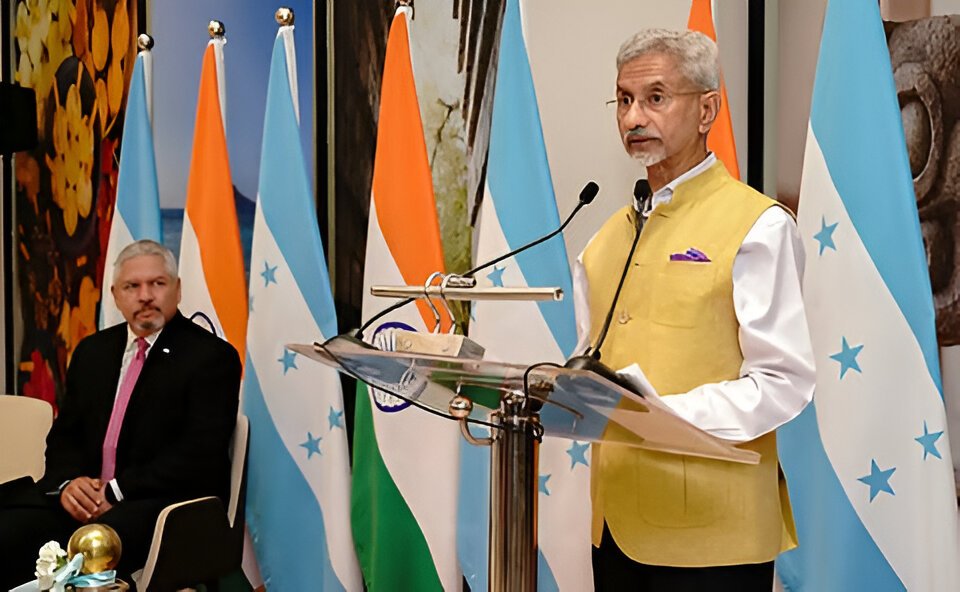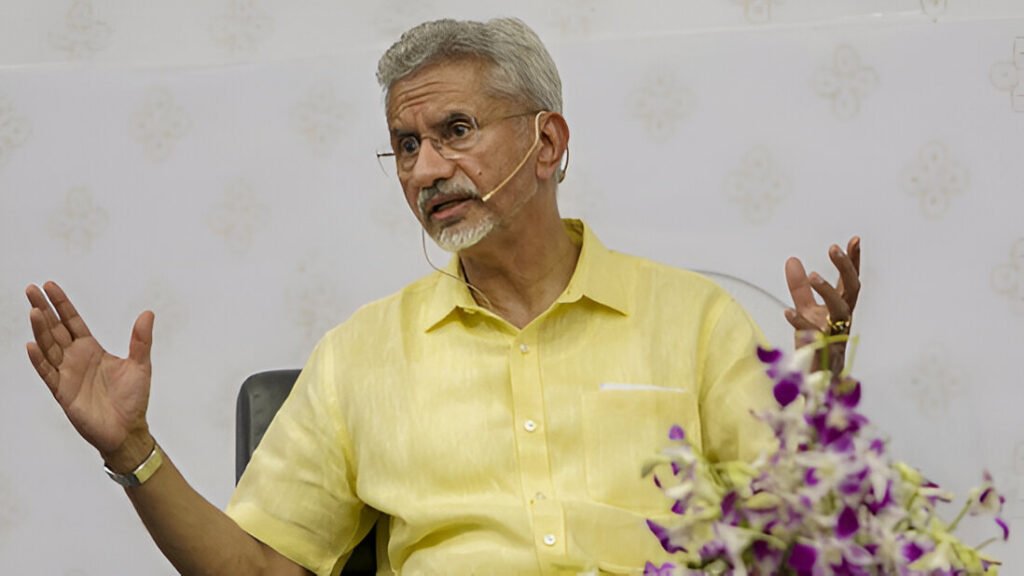
History of Indus Waters Treaty
One of the most remarkable treaties in the world was the signing of the Indus Waters Treaty in 1960 by the World Bank. It divided the Sutlej, Beas, and Ravi rivers for the Indians and sanctioned the Indus, Jhelum, and Chenab rivers for Pakistan, while India was permitted to generate hydroelectric power and consume the water for irrigation when permissible. The treaty has withstood years of conflicts, wars, and bumps in the ropes of diplomacy while serving as a rare symbol of cooperation and partnership between the two adversaries.
Reason for Suspension: The Attack in Pahalgam
The Pahalgam attack, which took place on April 22, 2025, is known to have killed 26 civilians who were tourists. Video footage from the scene suggests that the attack was perpetrated by Pakistani militants, which deeply intensified India-Pakistan tension. The Indian government, headed by the Cabinet Committee on Security (CCS), made the radical decision to suspend the treaty as part of a broad reactionary strategy to pressure Pakistan into ending its decades-old policy of cross-border terrorism.
Jaishankar’s Firm Stand: No Talks Beyond Terrorism
Pakistan-borne terrorism must stop completely and forever—this is what India’s External Affairs Minister S. Jaishankar has distinctly stressed as the prerequisite for any form of dialogue with India regarding the Indus Waters Treaty. “For us, having talks with Pakistan will be only on terror,” reiterated Jaishankar. The Indus Waters Treaty’s suspension will remain until and unless Pakistan credibly proves its stopping of cross-border terrorism. In India’s terms, Pakistan must hand over terrorists and disassemble the terror infrastructure stationed within its borders. This marks a significant rise in the level of India’s diplomatic aggression, alongside the assertion, ‘The only thing that remains to be discussed on Kashmir is the vacating of illegally occupied Indian territory in Pakistan-occupied Kashmir. We are open to that discussion.
Pakistan’s Response and Concerns
In reaction to India’s resolution, the Ministry of Water Resources for Pakistan put forth an appeal disputing India’s suspension, cautioning that it would catalyze a water crisis for Pakistan. Furthermore, water security is a crucial challenge for Pakistan in light of its heavy reliance on the Indus River system for agriculture, drinking water, and industry. Islamabad has maintained the position that the treaty, as an international accord, ought to be exempt from political and security controversies.

Global and Regional Consequences
The waters of the Indus basin are shared between India and Pakistan, and both countries have been embroiled in conflicts since their partition in 1947. India’s suspension of the treaty has drawn global concern, not just limited to bilateral relations. Global actors, including the World Bank, which previously held negotiations for the treaty’s establishment, have begun to pay attention to the matter. Jaishankar, however, has dismissed outside mediation without hesitation, reiterating that all dealings with Pakistan will be exclusively bilateral—a long-standing position of India. Pakistan’s imposed control, from a strategic point of view, has also faced other forms of punishment, such as military strikes into terroristic infrastructure placed inside Pakistan-controlled areas alongside the clear statement that talks and terrorism cannot coexist peacefully.
Looking Closely: Conditional Resurrection and Strategic Edge
While these measures might bring hope for closer relations between the two states, India has framed its policies towards Pakistan as countering terrorism. New Delhi stated that the reimplementation of the treaty can occur, but only if Pakistan demonstrates significant action towards counter-terrorism. The treaty will remain suspended until Islamabad takes “credible and irreversible” measures to eliminate rampant cross-border terrorism and dismantle terror networks. This approach marks a shift wherein the treaty is utilized as power and symbolizes a new phase in Indo-Pak relations where cross-border water security is a primary concern, while heightened national security measures define the new framework with which counter-terrorism policies function.
Conclusion: A Watershed Moment in India-Pakistan Ties
The cambiado of the Indus Waters Treaty signals a watershed moment in India-Pakistan relations. By making water-sharing dependent on the cessation of cross-border terrorism, India has shifted the geopolitical engagement of Pakistan. With time, we will know if this stance is able to coerce Islamabad to modify its attitude or deepen the deadlock. For now, India wants to make it so that the Indus Waters Treaty will be suspended until Pakistan takes tangible, verifiable action ceasing all terrorism sponsored and perpetrated from its territory.











